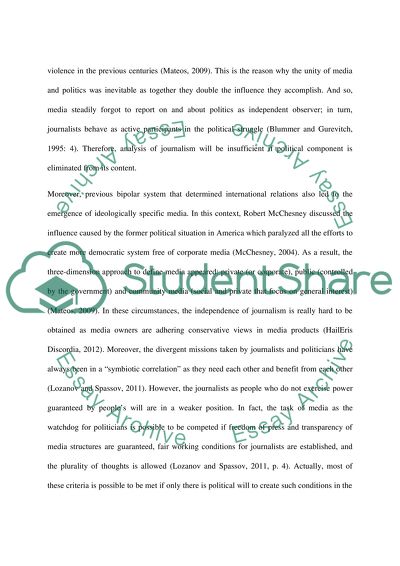Cite this document
(“Should journalists get close to politicians Essay”, n.d.)
Retrieved from https://studentshare.org/journalism-communication/1654858-should-journalists-get-close-to-politicians
Retrieved from https://studentshare.org/journalism-communication/1654858-should-journalists-get-close-to-politicians
(Should Journalists Get Close to Politicians Essay)
https://studentshare.org/journalism-communication/1654858-should-journalists-get-close-to-politicians.
https://studentshare.org/journalism-communication/1654858-should-journalists-get-close-to-politicians.
“Should Journalists Get Close to Politicians Essay”, n.d. https://studentshare.org/journalism-communication/1654858-should-journalists-get-close-to-politicians.


